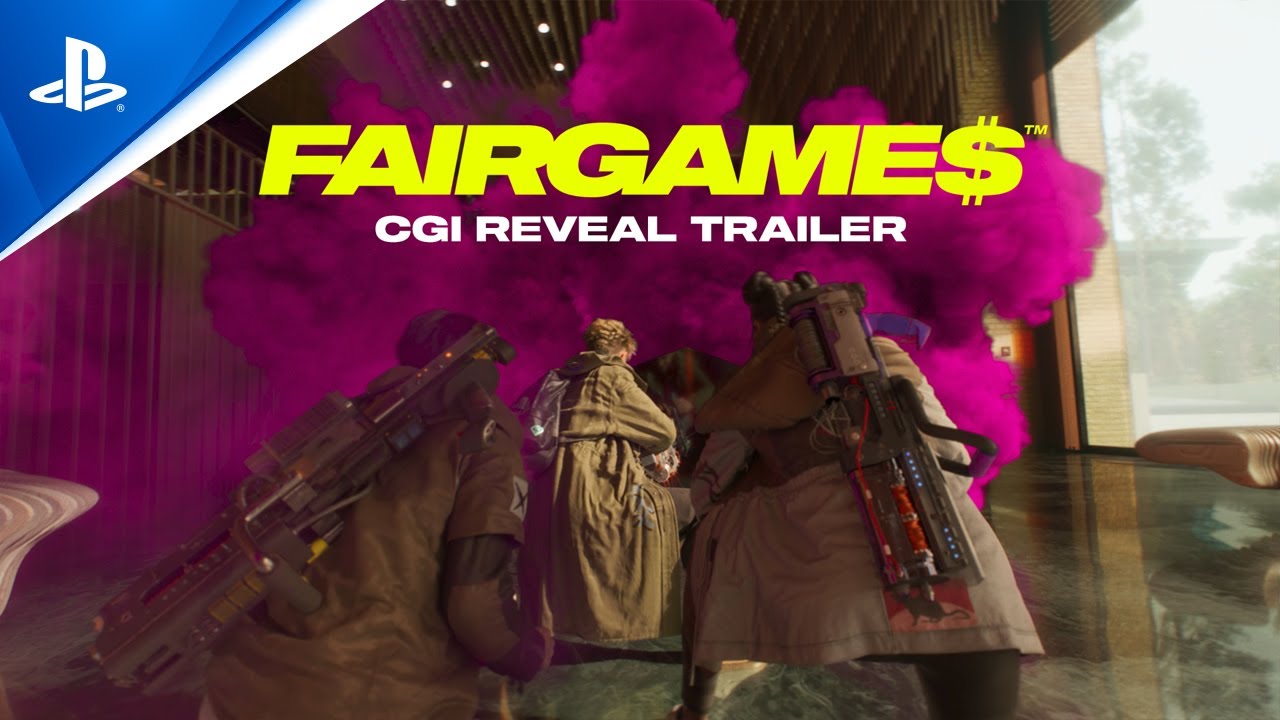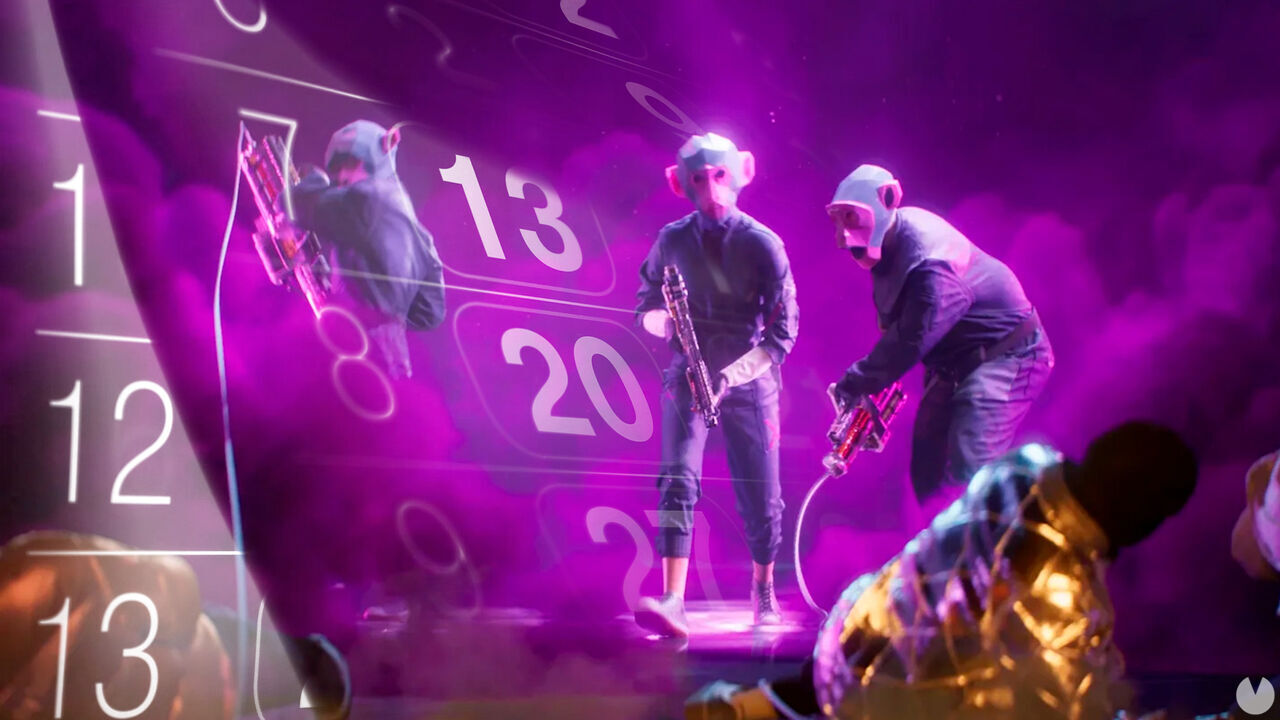This marks another chapter in Jade Raymond’s complex career path. The founder of Haven Studios has departed from the studio she founded in 2021, which joined the PlayStation Studios network a year later. This information was disclosed by Bloomberg and journalist Jason Schreier, amidst the ongoing development of Fairgames (the studio’s first game), which is still unfinished. According to Bloomberg’s report, this departure follows an external playtesting phase during which feedback raised concerns within the teams. Several developers reportedly voiced worries about the game’s reception and the project’s overall progress.
Fairgames and no longer Fairgame$
Initially scheduled for fall 2025, Fairgames has been discreetly postponed to spring 2026. The game also discards its stylized title with a dollar symbol—Fairgame$—for a more subdued form: Fairgames. This visual change comes as the title remains one of the few survivors from Sony’s strategic shift towards “live service” games, an orientation that has already seen notable failures, including that of the short-lived Concord. In a statement, Sony sought to reassure stakeholders and fans: “Jade Raymond has been an exceptional partner and a visionary force in founding Haven Studios. We wish her the best for what’s next.” The Japanese publisher also confirmed that the studio would continue its operations under the direction of two co-managing directors, Marie-Eve Danis and Pierre-François Sapinski.
Jade Raymond: A Decade of Curses
Beyond the departure from Haven Studios, which she founded in 2021 and became part of PlayStation Studios a year later, it is Jade Raymond’s career trajectory that draws attention. Her path includes a notable founding role at Motive Studios at Electronic Arts in 2015, where her goal was to invigorate creativity around the Star Wars license. Under her leadership as narrative director, Amy Hennig guided Project Ragtag, though the game never reached completion.Jade Raymond’s recent exit from Haven Studios, reported by Bloomberg and Jason Schreier during the development phase of Fairgames (which is yet to be completed), adds another layer to her history of industry challenges over nearly a decade. Following an external playtesting period, feedback led to uncertainty among teams regarding the game’s reception and progress. Initially set for Fall 2025, Fairgames has been quietly postponed to Spring 2026 and now uses a simpler title ‘Fairgames’ instead of the stylized name with a dollar symbol (Fairgame$). This decision comes as Sony continues its strategic shift towards “live service” games, an area marked by significant challenges. In response, Sony issued a statement recognizing Raymond’s contributions and wishing her success in future endeavors. The studio will now operate under joint management by Marie-Eve Danis and Pierre-François Sapinski.
In 2019, she joined Google to lead Stadia. Once again, the venture encountered difficulties, but it is not solely attributed to her; Phil Harrison, another figure with a history of challenges in the video game industry, contributed to flawed concepts that were implemented. Google soon discontinued its internal game development for Stadia, prompting Raymond to establish Haven Studios in 2021 with the goal of creating an independent creative environment. The acquisition by Sony in 2022 appeared promising, but her recent departure in 2024 has cast a shadow over the project’s future. While we await public comments from Raymond, it is clear that she faces ongoing challenges despite her evident talent and vision.
The Montreal studio, now without its founder, must demonstrate its ability to progress independently. The multiplayer competitive game, designed to represent a new generation of “service” titles for PlayStation, carries more than just the future of Haven on its shoulders; it also highlights the uncertainties surrounding Sony’s overall strategy. Given this context and the recent developments, it is challenging not to feel concerned about the project’s future. More than ever, Fairgames finds itself in a precarious position, and its outcome could significantly impact many other upcoming projects within the PlayStation ecosystem.
Have any thoughts?
Share your reaction or leave a quick response — we’d love to hear what you think!


